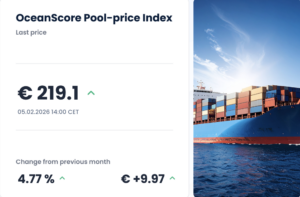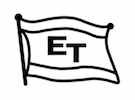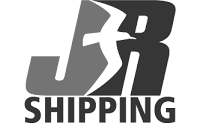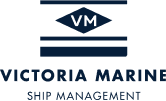Insights, Updates, and Maritime Trends
Welcome to the OceanScore Blog, your source for the latest updates, thought leadership, and industry trends in maritime compliance and sustainability. Stay informed with expert insights and company news shaping the future of the shipping world.
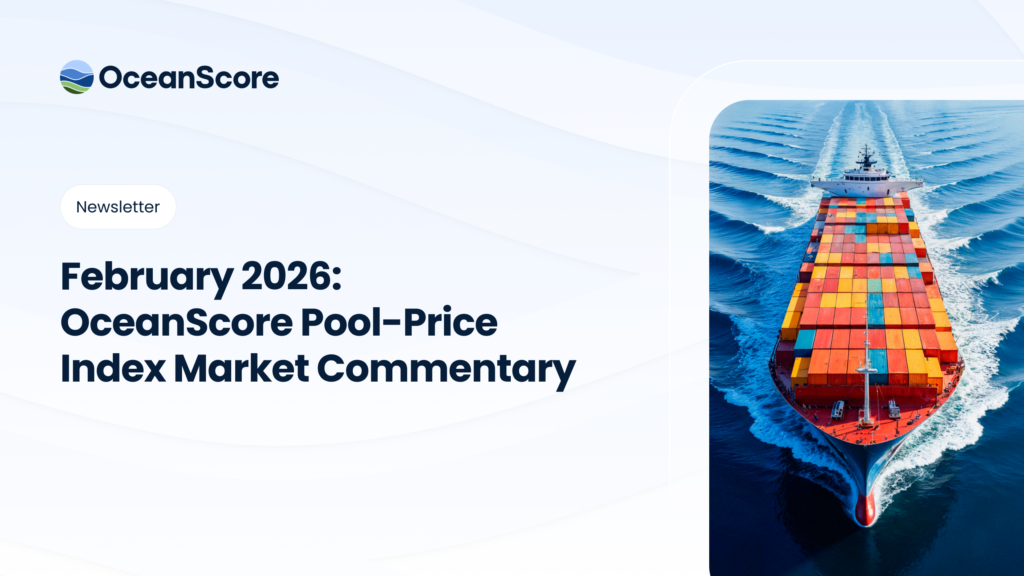
OceanScore Pool-Price Index Market Commentary: February 2026
After compliance balances were closed at year-end, additional 2025 surplus volumes were released to the market in January. This increase in available supply led to a temporary easing of pooling prices, with OPX dropping to €213 per ton of CO₂e.…
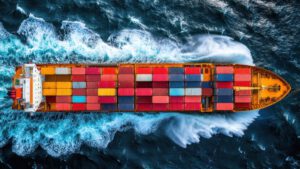
FuelEU Maritime Forecasting: Managing Compliance Exposure Before It Becomes a Cost
FuelEU Maritime exposure develops continuously throughout the year. This article explains how compliance forecasting helps shipping companies manage cost, risk,…
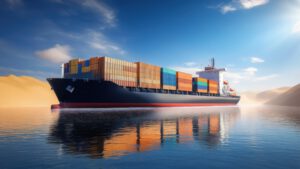
EU ETS and FuelEU Compliance: The Hidden Risk of Manual Invoicing
Manual invoicing under EU ETS and FuelEU Maritime can quietly block cost recovery. See how one Greek owner-manager safeguarded €2–3…
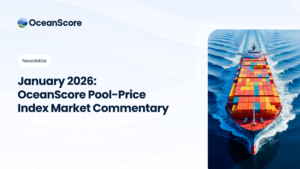
OceanScore Pool-Price Index Market Commentary: January 2026
FuelEU pooling prices declined in January 2026 as surplus volumes increased following completion of the first compliance period. OceanScore’s OPX…

EU ETS and FuelEU Compliance Risk When Compliance Depends on One Person
When EU ETS and FuelEU compliance depends on a single individual, commercial risk increases quickly. This real case from a…
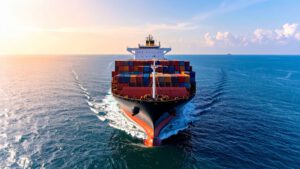
EU ETS and FuelEU Compliance: How One Ship Manager Regained Commercial Control
EU ETS and FuelEU compliance is no longer a side process. For shipping companies, it now directly affects cash flow,…
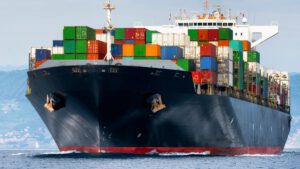
Maritime Compliance in 2026: What Commercial and Technical Teams Need to Prepare For
2026 will be a decisive year for maritime compliance. As FuelEU Maritime completes its first compliance cycle, EU ETS reaches…
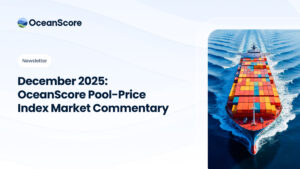
OceanScore Pool-Price Index Market Commentary: December 2025
With the ability to generate additional surplus limited by the approaching year-end, and demand picking up, prices for pooling edged…
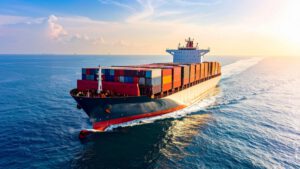
UK ETS Maritime: Preparing for a Confirmed 1 July 2026 Start
The UK Emissions Trading Scheme (UK ETS) for maritime is now confirmed to launch on 1 July 2026, introducing new…

EU ETS and FuelEU Maritime: Challenges and Opportunities for Asian Shipping
Asian shipowners face unique challenges as EU ETS and FuelEU Maritime take full effect. Fewer European voyages, complex Union Registry…
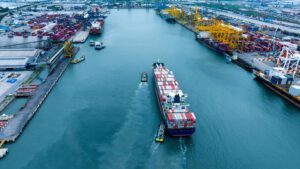
FuelEU Maritime Charterer Pooling: Will Your Charterer Pool?
As the first FuelEU Maritime compliance year comes to a close, the reality of pooling is taking shape. Based on…
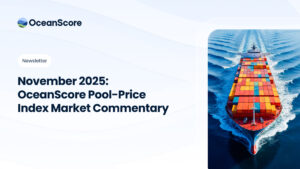
OceanScore Pool-Price Index Market Commentary: November 2025
With the ability to generate additional surplus limited by the approaching year-end, and demand picking up, prices for pooling edged…

OceanScore’s commentary on MEPC ES and IMO NZF
The IMO’s Net Zero Framework is effectively dead, and the broader role of the MEPC is now in question. Friday’s…

No More Spreadsheets. No More Guesswork.
Invoice charterers or owners with precision and confidence.
Latest Posts
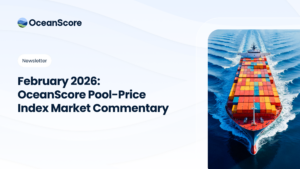
OceanScore Pool-Price Index Market Commentary: February 2026
After compliance balances were closed at year-end, additional 2025 surplus volumes were released to the market in January. This increase…

FuelEU Maritime Forecasting: Managing Compliance Exposure Before It Becomes a Cost
FuelEU Maritime exposure develops continuously throughout the year. This article explains how compliance forecasting helps shipping companies manage cost, risk,…

EU ETS and FuelEU Compliance: The Hidden Risk of Manual Invoicing
Manual invoicing under EU ETS and FuelEU Maritime can quietly block cost recovery. See how one Greek owner-manager safeguarded €2–3…

OceanScore Pool-Price Index Market Commentary: January 2026
FuelEU pooling prices declined in January 2026 as surplus volumes increased following completion of the first compliance period. OceanScore’s OPX…

EU ETS and FuelEU Compliance Risk When Compliance Depends on One Person
When EU ETS and FuelEU compliance depends on a single individual, commercial risk increases quickly. This real case from a…

EU ETS and FuelEU Compliance: How One Ship Manager Regained Commercial Control
EU ETS and FuelEU compliance is no longer a side process. For shipping companies, it now directly affects cash flow,…

Maritime Compliance in 2026: What Commercial and Technical Teams Need to Prepare For
2026 will be a decisive year for maritime compliance. As FuelEU Maritime completes its first compliance cycle, EU ETS reaches…

OceanScore Pool-Price Index Market Commentary: December 2025
With the ability to generate additional surplus limited by the approaching year-end, and demand picking up, prices for pooling edged…

UK ETS Maritime: Preparing for a Confirmed 1 July 2026 Start
The UK Emissions Trading Scheme (UK ETS) for maritime is now confirmed to launch on 1 July 2026, introducing new…

EU ETS and FuelEU Maritime: Challenges and Opportunities for Asian Shipping
Asian shipowners face unique challenges as EU ETS and FuelEU Maritime take full effect. Fewer European voyages, complex Union Registry…
The OceanScore Pool-Price Index (OPX) for 2025 compliance surplus has returned close to last year’s highs and now stands at €219 per ton of CO₂e.
OceanScore’s OPX explains the market movement and implications for compliance decisions.
